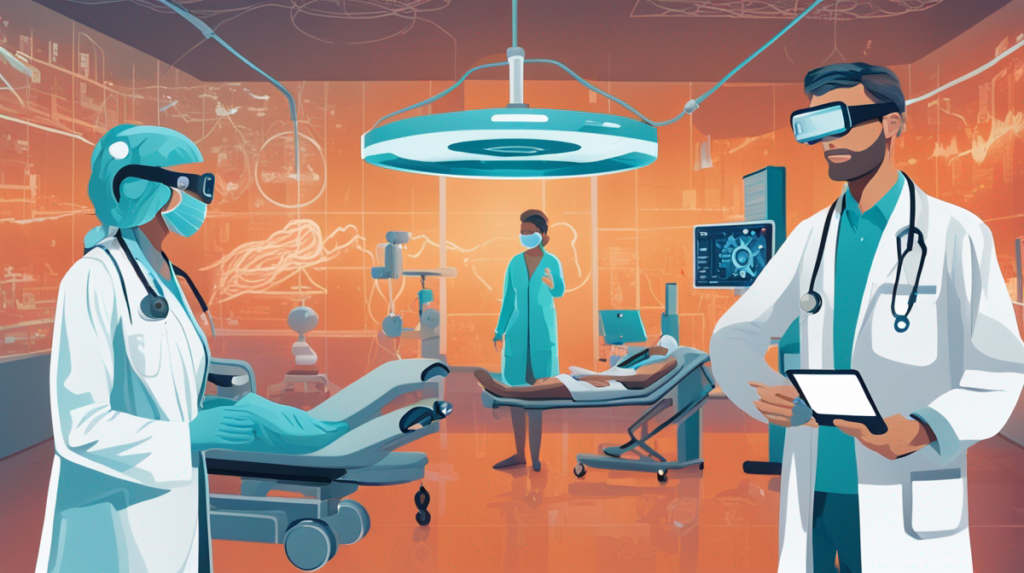An Introduction to the Technological Transformation in Healthcare
Over the past few decades, the healthcare industry has been highly influenced by rapid technological advancements. These innovations have not only transformed how healthcare is delivered but also considerably improved patients’ experiences and outcomes. From remote consultations to AI-driven diagnostics, this article aims to delve into the fascinating world of digital health and its evolving trends whilst offering a balanced viewpoint on the ongoing debates and controversies surrounding the impact of technology on healthcare.
The Intersection of Technology and Healthcare
Technology has become an integral part of the healthcare system. Electronic Health Records System (EHRs), telemedicine services, wearable health monitors, mRNA technology are just the tip of the iceberg. These advancements have made healthcare more reliable, efficient, and accessible, closing the gap between doctors, patients, and caregivers, no matter how distant they are geographically.
(Read Also: Shattering the Silence: Confronting the Stigma Around Mental Health)
Current Trends in Health Tech
The continuous evolution of technology has led to several notable trends in healthcare. Artificial Intelligence (AI), for instance, plays a significant role in improving diagnostics and treatment plans, enhancing precision, reducing diagnostic errors, and providing personalized care. Tracking patients’ health in real-time has been made possible by use of wearable technology, which ranges from fitness trackers to devices that monitor vital signs. Telehealth, on the other hand, has broken geographical barriers, offering virtual consultations and improving access to healthcare especially in remote or underserved areas.
The Potential of Health Tech: A Glimpse into the Future
The potential of health tech is boundless. The growing interest in genomics and personalized medicine is a testament to that. With CRISPR technology and genomics, we can predict and prevent diseases even before symptoms occur. The rise of nanotechnology and robotics pave the way for less invasive and more successful surgeries. Immersive technologies like VR and AR promise improved patient education and treatment simulation for better training of medical professionals.
Controversies and Debates: A Balanced Viewpoint
Despite its advantages, the implementation of technology in healthcare isn’t without controversies. Data security is a significant concern. With digitized health records and internet-connected medical devices, there’s potential for breaches leading to devastating consequences. Additionally, while AI enhances healthcare delivery, it raises questions about job displacement among medical professionals and possible misdiagnosis due to tech inaccuracies. Nonetheless, policy makers and healthcare providers are striving to manage these challenges by implementing stringent data protection measures and blending AI with human intervention wherever necessary.
(Read Also: Evaluating the Impact: Telehealth vs Traditional Healthcare)
Conclusion
While technology has indeed revolutionized healthcare in countless ways, it’s essential to understand that the transformation is ongoing. With newer technologies on the horizon, the healthcare industry bears the onus of harnessing them wisely while managing potential risks. It’s certainly an exciting era for healthcare, promising an amalgamation of technology and human intellect transforming healthcare into a patient-centric, efficient, and advanced sector.

